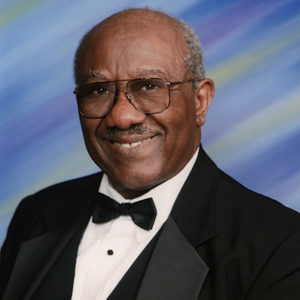 Sterling Williams
Sterling Williams
Entry Type: Person - Starting with W
 Sterling Williams
Sterling Williams
Williams, Sue Cowan
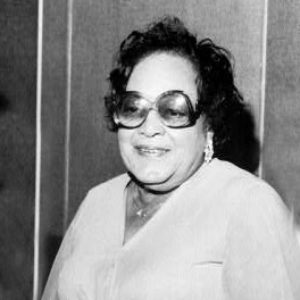 Sue Cowan Williams
Sue Cowan Williams
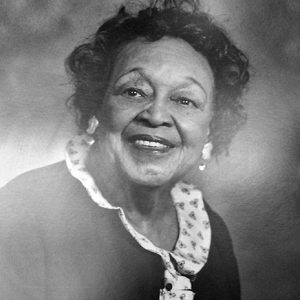 Sue Cowan Williams
Sue Cowan Williams
Williams, Virginia Anne Rice
Williamson, “Sonny Boy”
aka: Aleck Miller
 Corliss Williamson
Corliss Williamson
 Corliss Williamson
Corliss Williamson
Williamson, Corliss Mondari
Wills, Elana Leigh Cunningham
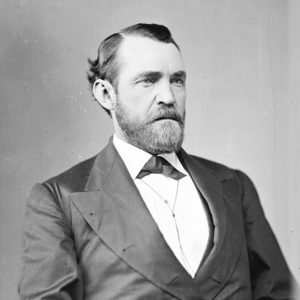 William W. Wilshire
William W. Wilshire
Wilshire, William Wallace
Wilson, Billy Roy
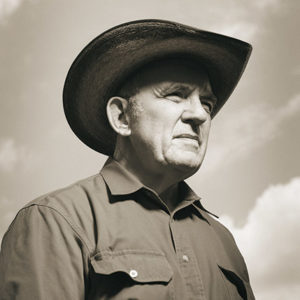 Billy Roy Wilson
Billy Roy Wilson
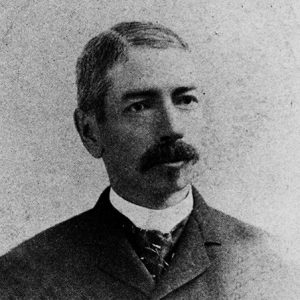 Byron Wilson
Byron Wilson
Wilson, Charles Banks
Wilson, Charles Kemmons
Wilson, Charles Morrow
 Charles Morrow Wilson
Charles Morrow Wilson
Wilson, Donald Roller
Wilson, George Nicholas (Nick)
Wilson, Michael Kenneth (Mike)
Wilson, Robert Edward Lee
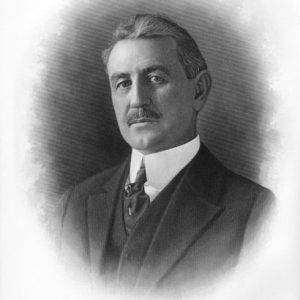 Lee Wilson
Lee Wilson
Wilson, Winston Peabody “Wimpy”
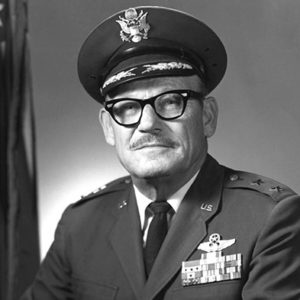 Winston P. Wilson
Winston P. Wilson
Winchester, James Ridout
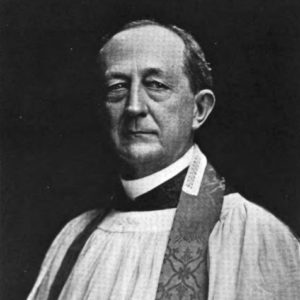 James Ridout Winchester
James Ridout Winchester
Winder, Ray
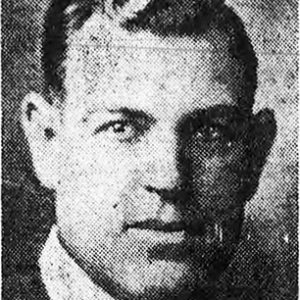 Ray Winder
Ray Winder
Wine, Charles C.
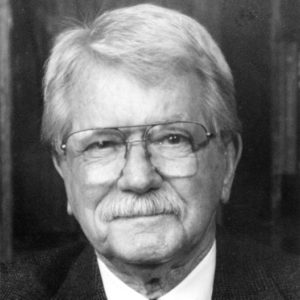 Gus Wingfield
Gus Wingfield
Wingfield, James Gus
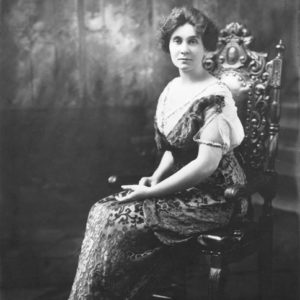 Effiegene Wingo
Effiegene Wingo
Wingo, Effiegene Locke
Wingo, Otis Theodore
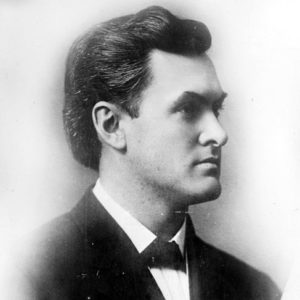 Otis Theodore Wingo
Otis Theodore Wingo
 Wink Store
Wink Store
Winkles, Bobby Brooks
Winslow, Thyra Samter
Wirges, Gene
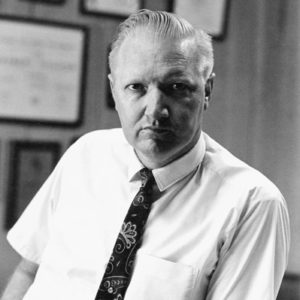 Gene Wirges
Gene Wirges
Wirges, Joseph Bernard (Joe)
 Ray Wise
Ray Wise
Witherspoon, Jimmy “Spoon”
 Jimmy "Spoon" Witherspoon
Jimmy "Spoon" Witherspoon
Witt, Allen Rufus
Witt, James Lee
Witte, Albert Matthew Francis
 Gordon Wittenberg
Gordon Wittenberg




